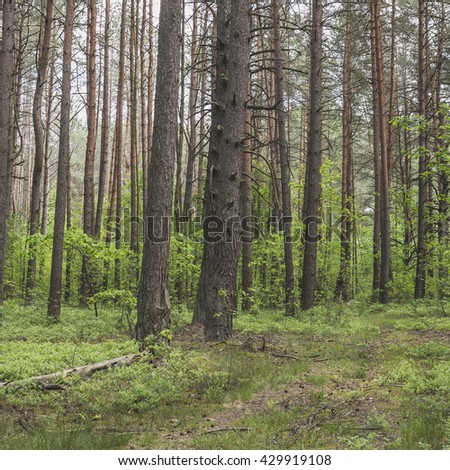My support system has become quite solid within the past few years. My children, my husband, my coworkers, the agency for which I work have all been an integral part of my educational journey. My husband and my children have been flexible with scheduling to work around my classes and due dates. My coworkers have provided interviews, places to observe, and an ear to listen when things got tough. My agency has provided financial support for my tuition. These same entities provide me with physical support. Obviously, my agency provides me with a job and therefore the necessary money to live and pay for school. My husband and I work together to provide a home for our family. My children help to keep the house clean, laundry done, and assist with yard work. All of this enables me to pay for school, keep up with assignments, still be able to spend time with my family. These are just the supports involved with my educational pursuits! There are many more from the pediatrician that takes care of my children, my own physicians that work around my crazy schedule, the local grocery store that knows my family, the auto shop that does my car repairs, and my best friends that provide me with an occasional escape. If any of these were to disappear, providing it could not be replaced, it would put a definitely present a challenge, and that challenge could snowball into other challenges. For example: If my job was suddenly gone, I could replace it, but what if I could not replace it with a job that provided tuition assistance or educational flex time? I would lose my ability to pay for school or the extra time I sometimes need built into my work schedule for school assignments, observations, or interviews.
If I had a disability, my life would be significantly different. There are often supports or the more obvious disabilities, but what about those that are not so obvious? I can imagine being an adult with low level autism. My son has low level autism, so I interviewed him for this blog. I often wonder how he will be as an adult. I wonder how I would be if I were in his shoes. What supports would I need? Would I resist the support much the way he does now? Would I recognize the need for supports.
With autism, particularly low level, the person is incredibly high functioning to the point that its almost unrecognizable. But in private, they suffer from anxiety, explosive anger, confusion, and a lack of self awareness. Typically, they can not identify the root of their reaction or label the emotion without the assistance of a therapist. The use of a therapist is a practical support that is often necessary for adults with autism. Coping skills, emotional identification, and situational reasoning are often areas where I would need help if I had autism. I would need someone to check in on me frequently, maybe even daily to assure that I am taking care of myself, eating properly, cleaning, and keeping up with my schedule. I would need an employer that understood my way of thinking and my inability to function with too much social contact. A job that requires travel would be out of the question. I would also need the support of my therapist to manage my anxiety and maintain coping skills. If any of these supports were to be removed from my circle, I might not have the skills to replace it and would need support to do so.
Urie Brofenbrenner's ecological systems theory shows that people need support from family and community members in varying levels. Family provides daily support with housing, food, shelter, connection, and love. The community provides support for employment, medical care, mental health, church, child care, friendships, and acquaintances. These supports are necessary for everyone on some level. If one of these supports changes or disappears, this can have huge impacts on the individual. If that individual has a disability, the supports are even more important.
 |
| Google images |






